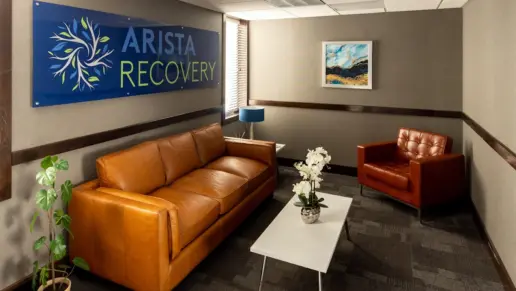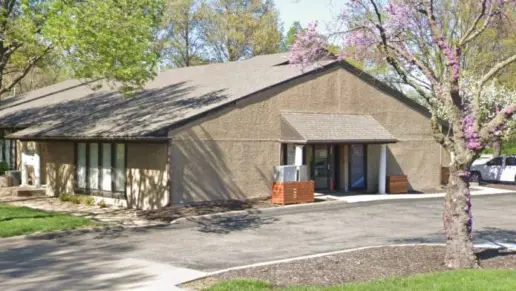I had a great experience and found fellow people that I could create a positive support system. The counselors and techs were very helpful
About Reflections Recovery Center of Wichita
Mirror’s Reflections Recovery Center treats substance abuse for adolescent and adult males. You’ll find ‘em out in Wichita, Kansas. They provide residential treatment, where guests can focus on recovery without worrying about outside distractions. There are inpatient (IP) and outpatient (OP) options that you can take, depending on the acuity of your condition.
Adult and teen guests have 24-hour care in a structured setting. They have 12 beds available. The small group is important to give each client individual attention. The goal is to give each person the tools and resources to live a sober lifestyle long-term. Your recovery starts with a thorough assessment to determine the appropriate level of care.
Mental health assessments are evaluations conducted by clinicians to help to identify symptoms of substance use disorders and/or co-occurring mental health conditions. They also help the team at Reflections Recovery Center of Wichita determine where an individual is in their recovery journey, their needs, and what their growth areas are. With that information, clinicians devise an individualized treatment plan with person centered goals. Reflections Recovery Center of Wichita also conducts DUI evaluations, professional assessments, and court assessments. These services are conducted in person, or via telehealth.
The residential treatment program at Reflections Recovery Center of Wichita provides 24 hour care to support residents in achieving and sustaining sobriety. Stays at the treatment facility last for a minimum of 30 days and involve meeting with a clinician who conducts a behavioral health assessment. Treatment plans may recommend participation in evidence based therapies to treat addiction and mental health conditions and prepare residents for the skills necessary to sustain recovery and prepare for high risk situations. Therapies might involve motivational interviewing, individual and group counseling, psychoeducation, and relapse prevention.
The reintegration service is a structured program that helps clients reenter society by providing skills training for self regulation and behavior conducive to recovery.
Medication assisted treatment (MAT) is the use of medication and behavioral therapies to overcome substance use disorders, which is considered the gold standard of treatment. The MAT program includes counseling, support groups, and medication management in an outpatient setting.
Mirror is proud to offer programs for underserved communities. They also help families with education regarding the disease of addiction to help them set boundaries and become a supportive network. Family therapy can help mend relationships affected by substance use.
They accept most commercial insurance plans, including Blue Cross/Blue Shield, Ambetter, Aetna, and Medicaid. Mirror also assists underinsured and uninsured persons through special funding.
Rehab Score
Location
Location
Accepted Insurance
Other Forms of Payment
Private insurance refers to any kind of healthcare coverage that isn't from the state or federal government. This includes individual and family plans offered by an employer or purchased from the Insurance Marketplace. Every plan will have different requirements and out of pocket costs so be sure to get the full details before you start treatment.
Self-pay involves paying for treatment out of your own pocket. You can use savings or credit, get a personal loan, or receive help from family and friends to fund your treatment. If you don't have insurance or your insurance plan doesn't cover a specific program, self-pay can help ensure you still get the care you need.
Financial aid can take many forms. Centers may have grants or scholarships available to clients who meet eligibility requirements. Programs that receive SAMHSA grants may have financial aid available for those who need treatment as well. Grants and scholarships can help you pai for treatment without having to repay.
Sliding scale payments are based on a client's income and family size. The goal is to make treatment affordable to everyone. By taking these factors into account, addiction recovery care providers help ensure that your treatment does not become a financial burden to you or your family, eliminating one barrier to care.
Medicaid is a state based program that helps lower-income individuals and families pay for healthcare. Medicaid covers addiction treatment so those enrolled can use their coverage to pay for rehab. When a program accepts Medicaid the client often pays very little or nothing out of their own pocket.
Addiction Treatments
Levels of Care
Treatments
The goal of treatment for alcoholism is abstinence. Those with poor social support, poor motivation, or psychiatric disorders tend to relapse within a few years of treatment. For these people, success is measured by longer periods of abstinence, reduced use of alcohol, better health, and improved social functioning. Recovery and Maintenance are usually based on 12 step programs and AA meetings.
The length, intensity, setting, and treatment methods vary for each drug rehab in Kansas. Plans of care can be tailored to meet each person's own unique situation and needs. With the right program, individuals can successfully achieve long-term sobriety.
Opioid rehabs specialize in supporting those recovering from opioid addiction. They treat those suffering from addiction to illegal opioids like heroin, as well as prescription drugs like oxycodone. These centers typically combine both physical as well as mental and emotional support to help stop addiction. Physical support often includes medical detox and subsequent medical support (including medication), and mental support includes in-depth therapy to address the underlying causes of addiction.
Substance rehabs focus on helping individuals recover from substance abuse, including alcohol and drug addiction (both illegal and prescription drugs). They often include the opportunity to engage in both individual as well as group therapy.
Programs


Clinical Services
Group therapy is any therapeutic work that happens in a group (not one-on-one). There are a number of different group therapy modalities, including support groups, experiential therapy, psycho-education, and more. Group therapy involves treatment as well as processing interaction between group members.
In individual therapy, a patient meets one-on-one with a trained psychologist or counselor. Therapy is a pivotal part of effective substance abuse treatment, as it often covers root causes of addiction, including challenges faced by the patient in their social, family, and work/school life.
The goal of trauma therapy is to address the lingering emotional and physical responses from witnessing or experiencing a traumatic event. Your therapist helps you develop strategies that manage your symptoms while processing the traumatic memories. This improves your overall well being and reduces your physical and emotional responses to triggers.
Research clearly demonstrates that recovery is far more successful and sustainable when loved ones like family members participate in rehab and substance abuse treatment. Genetic factors may be at play when it comes to drug and alcohol addiction, as well as mental health issues. Family dynamics often play a critical role in addiction triggers, and if properly educated, family members can be a strong source of support when it comes to rehabilitation.
Amenities
-
Residential Setting
-
Private Rooms
Staff & Accreditations
Staff
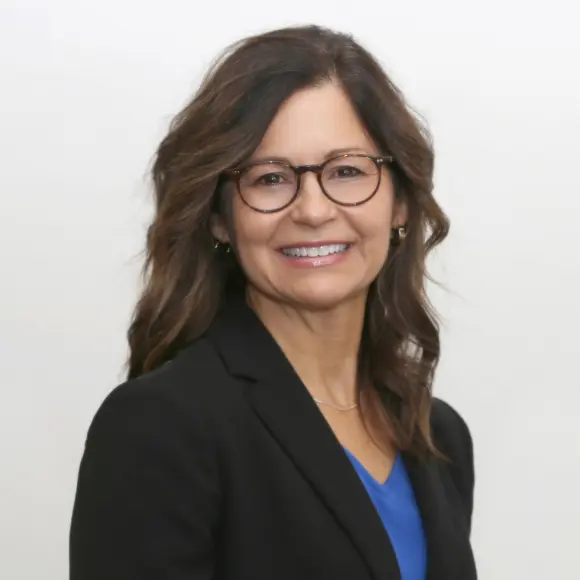
President & CEO
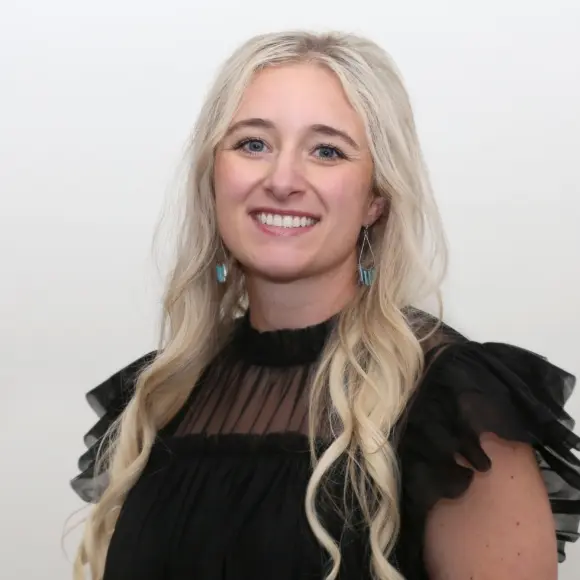
CFO
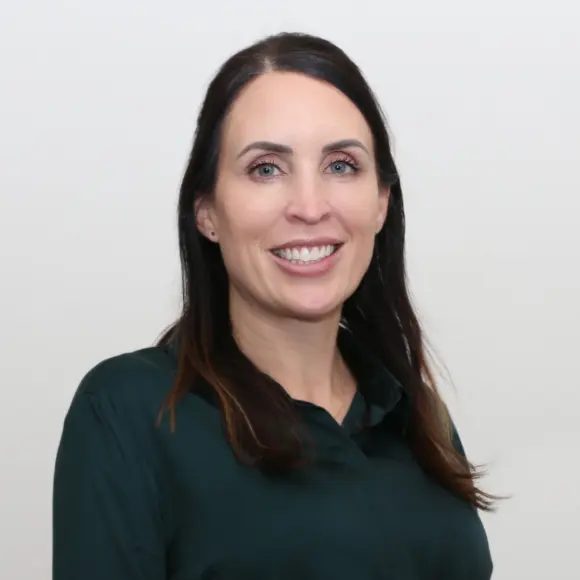
VP of Reentry Services
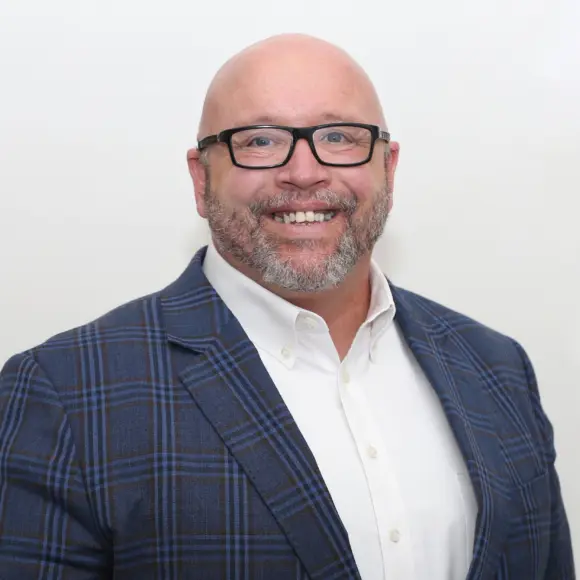
VP of Treatment Services
Accreditations

The Substance Abuse and Mental Health Services Administration (SAMHSA) is a branch of the U.S. Department of Health and Human Services. Established in 1992 by congress, SAMHSA's mission is to reduce the impact of substance abuse and mental illness on American's communities.
SAMHSA Listed: Yes

The National Association of Addiction Treatment Providers (NAATP) is a professional association that represents organizations in the field of addiction services. Founded in 1978, NAATP's mission is to advance addiction services and ensure that high-quality addiction treatment is available and accessible.
NAATP Member: Yes
Contact Information
3820 N Toben Street
Wichita, KS 67226






